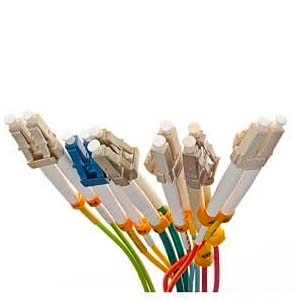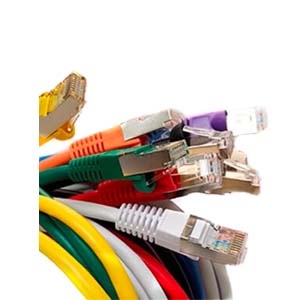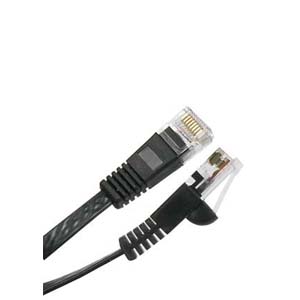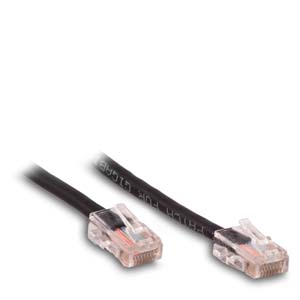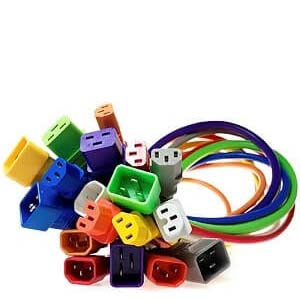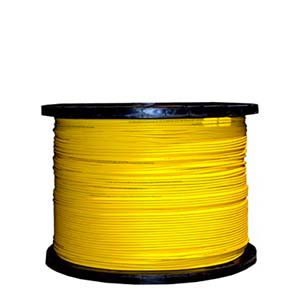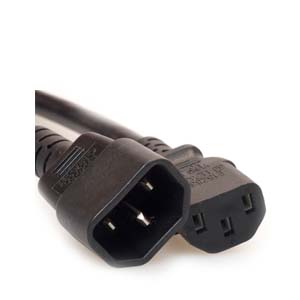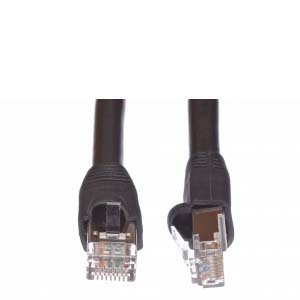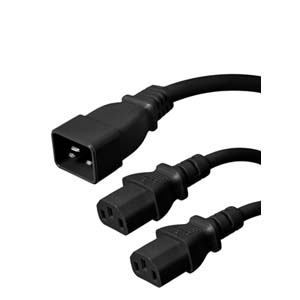Cables Blog
Wire and Cable Safety Tips Everyone Should Know
Electricity plays an important role in our modern lives, but it can be a dangerous tool when we don’t use it safely. Electrical fires are getting more common in the US, increasing the mortality rate caused by electric wires and cables across the nation. However, the majority of these fires are caused by old outlets and wires.
by Vikas Dayal • May 14, 2017
Electricity plays an important role in our modern lives, but it can be a dangerous tool when we don’t use it safely. Electrical fires are getting more common in the US, increasing the mortality rate caused by electric wires and cables across the nation. However, the majority of these fires are caused by old outlets and wires. To help prevent the occurrence of electric-based fires in your home, check out our guide below on wire and safety tips that you and your family should know.
- Unplug Properly
Unfortunately, most people unplug their devices by directly pulling at the cord. However, this is a bad idea since the cord can snap, or cause damage to the plug which could eventually start a fire. Instead, pull the plug out itself, never by the cord or by wiggling it out of the outlet.
- Keep Cords Secure
If you have a tangle of wires along the ground, someone is bound to trip and fall, causing injury to the cable and themselves. Work on keeping your wires better organized and out of the way of where people walk to prevent people from tripping on them or accidentally ripping them out of the socket.
- Resist Placing Wires under Carpets
Most people think it’s a great idea to run wires under their carpets or furniture, but that is not the case. When you place wires under any sort of carpet or furnishing, you are putting it in harm’s way of being broken down, exposing the wires. Once this happens, you run the risk of being electrocuted when you step on the wire even more.
- Don’t Leave Cords in Plain Sight
Although it’s wise to leave cords where people can see them and prevent tripping on them, having them out in plain sight can cause them to be pulled down or played with. This may not seem like a big concern, but children can make a habit of yanking on nearby cords, which can electrocute them.
- Don’t Secure Cords With Hazardous Materials
Securing your cords can help further prevent tripping or reckless pulling, but securing them in place with staples or nails can create a serious hazard. For example, a staple can picture the cord’s wiring and either create a fire hazard or shock anyone that touches it.
- Avoid Putting Pressure on Cords
When setting up your cords, avoid placing bunching them up behind furniture or in small spaces. This will only lead to a faster breakdown of the cord’s construction, which can lead to fires or electrocution. Instead, opt in for a cord-bundling device that can keep all the cords together, such as Cable Turtles.
- Unplug Your Devices When You’re Not Using Them
When you’re not using your devices, make sure they are unplugged. Even if you have them off, they are still using electricity that can take a toll on your energy bill. Plus, overusing your device’s cables can cause damage to them which can result in outlet fires.
- Don’t Overload Your Outlets
Before you plug multiple appliances into one socket or extension cord, check out the maximum capacity. Relying on one socket to power multiple appliances can be dangerous. It can cause the electrical circuit to overload and may even result in a fire.
- Take Note of Temperatures
You should refrain from using any cord that feels hot when you touch it.
- Keep Wires Away From Water
Whether it is done intentionally or accidentally, water and electricity together can have deadly consequences. Before you touch any electrical equipment, make sure your hands and feet are totally dry. You should also try to avoid using electronics near water, like the bathtub or sink.


